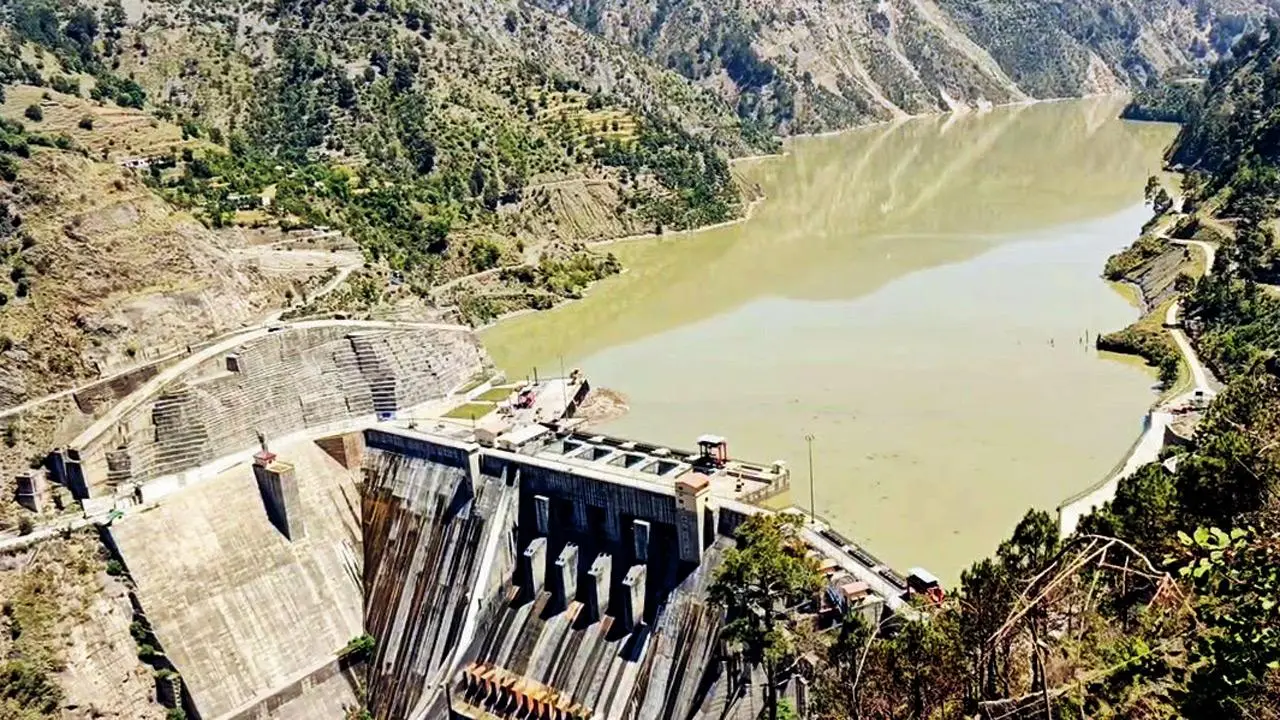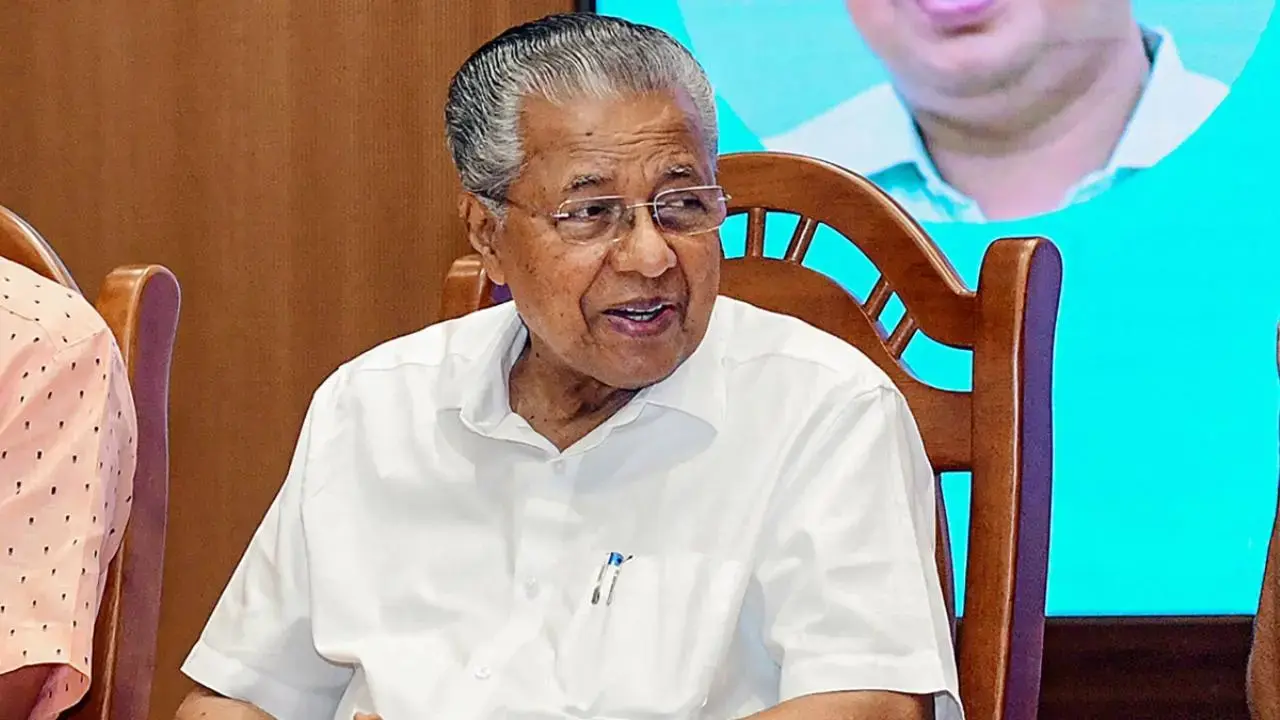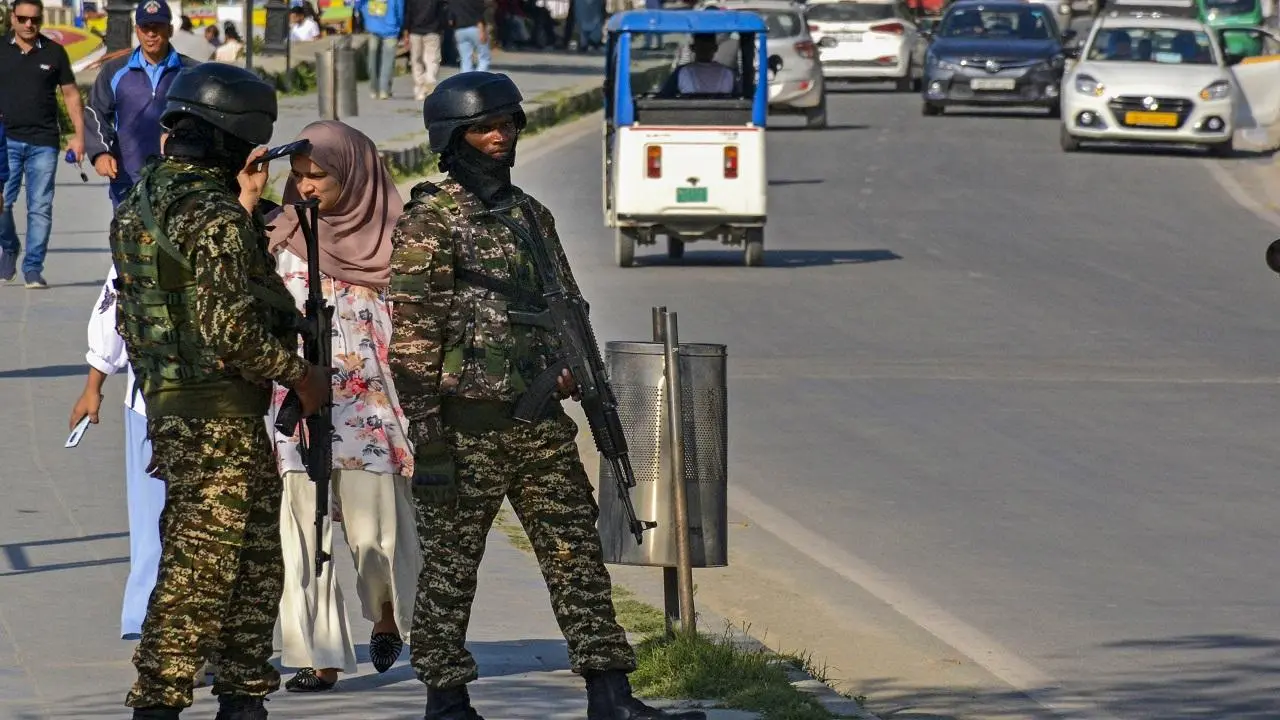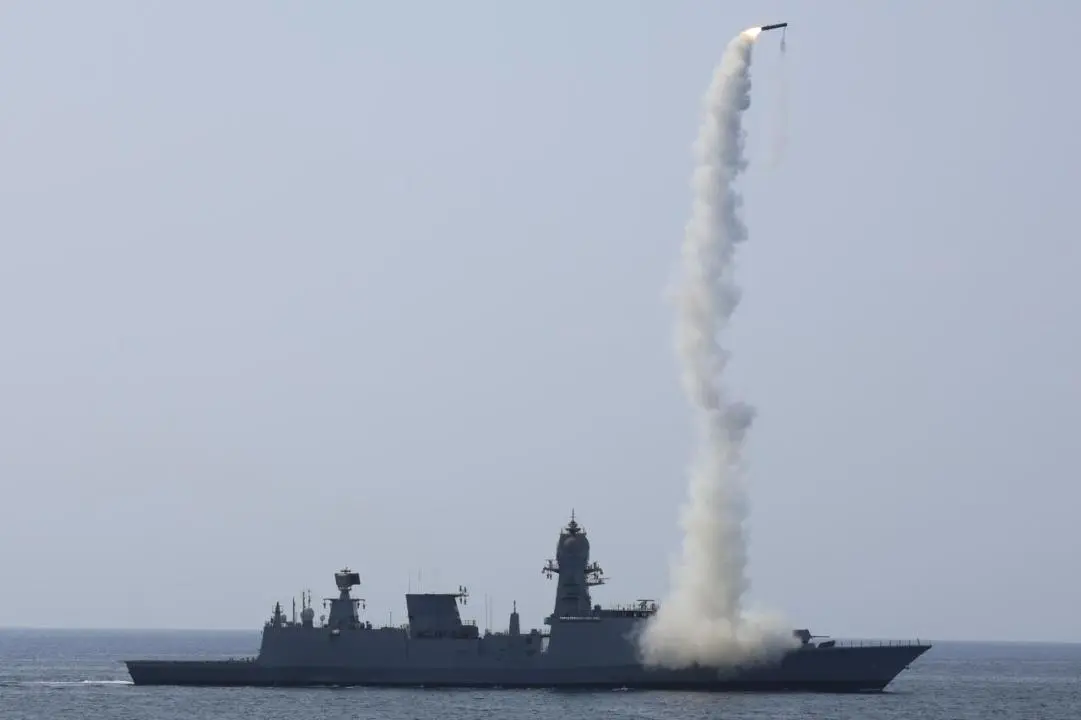Union Home Minister Amit Shah will hold a key meeting to discuss the future course of action on the Indus Waters Treaty of 1960 with Pakistan, which has been kept in abeyance, sources said. Union Jal Shakti Minister C R Paatil and senior officials of several ministries will take part in the meeting, sources said.
The meeting is expected to discuss the future course of action and how to implement the decision of keeping the treaty in abeyance, they said. To give effect to the decision, the government has also formally issued a notification to suspend the Indus Water Treaty.
‘Pak breached conditions’
India said it has informed Pakistan of its decision to keep the Indus Waters Treaty in abeyance with immediate effect, saying Pakistan has breached conditions of the treaty. Sustained cross-border terrorism by Pakistan targeting Jammu and Kashmir impedes India’s rights under the Indus Waters Treaty, India’s Secretary of Water Resources Debashree Mukherjee said in a letter addressed to her Pakistani counterpart, Syed Ali Murtaza.
Amit Shah
“The obligation to honour a treaty in good faith is fundamental to a treaty. However, what we have seen instead is sustained cross-border terrorism by Pakistan targeting the Indian Union Territory of Jammu and Kashmir,” the letter read. The communication to Pakistan also highlighted “significantly altered population demographics, the need to accelerate the development of clean energy, and other changes” as reasons necessitating a re-assessment of the treaty’s obligations. “The Government of India has hereby decided that the Indus Waters Treaty 1960 will be held in abeyance with immediate effect,” it added.
What is the Indus Waters Treaty?
The water-distribution treaty between India and Pakistan was arranged and negotiated by the World Bank in 1960, to use the water available in the Indus River and its tributaries. The treaty gives control over the waters of the three rivers—Beas, Ravi and Sutlej—to India, and control over the waters of the rivers—Indus, Chenab and Jhelum—to Pakistan. The treaty states the rights and obligations of each country for optimum water use in a spirit of goodwill and cooperation. Pakistan, being a downstream nation of both rivers, fears that India could potentially create floods or droughts in Pakistan, especially in times of warlike situations.
This story has been sourced from a third party syndicated feed, agencies. Mid-day accepts no responsibility or liability for its dependability, trustworthiness, reliability and data of the text. Mid-day management/mid-day.com reserves the sole right to alter, delete or remove (without notice) the content in its absolute discretion for any reason whatsoever











Leave a Reply